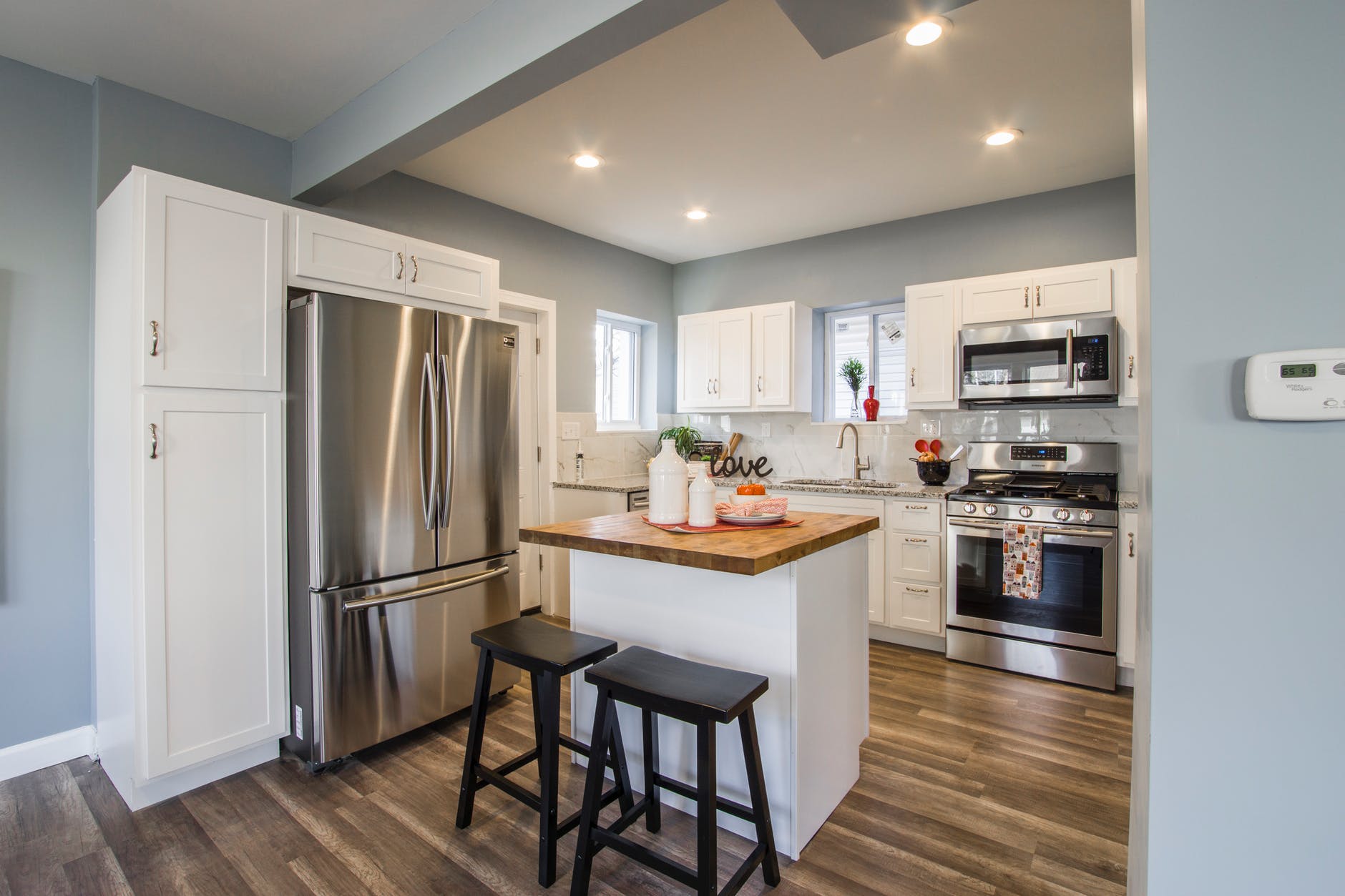When it comes to controlling your finances, the beauty of budgeting is fully revealed. To remain on top of your financial situation you always have to know where you stand from a cash point of view, and the only way of doing this effectively is by creating a budget and sticking to it.
There is much talk about the lack of financial literacy here in South Africa, in fact, according to an article recently published on the South Africa Good News website, it is currently ranked the worst in the world.
Teaching the younger generation financial literacy
To improve the financial knowledge of the younger generation, many learning programs have been created like the “Kickstarz” program which is aimed at Grade 11 school children.
But even before embarking on any sort of financial literacy course, a good place to start your education is with learning about budgeting.
Creating a simple personal budget and understanding the importance of living within that budget regarding spending money, will enable you to manage your money wisely.
How to create a budget
Budgeting is all about balancing your income against your expenditure. In its most simple form, you make a list of all of your income for the month, add it up if there is more than one source, and create a total monthly income figure. You can find plenty of free budget templates online, here’s one from Wonga to give you the idea.
Next, you make a list of all of your regular expenditure. The key to doing this correctly is to make sure that you don’t leave anything out. Include things like:
- Regular weekly shopping bills (food, drinks, pet food, cleaning materials, etc.)
- Utility bills (gas, electricity, and water)
- Insurance payments
- Rent, rates or mortgage repayments
- Any other regular expenditure such as buying newspapers and magazines)
- Transport (car running costs, bus and train fares, etc.)
It’s also a good idea to make an allowance for irregular expenditure like the cost of going to the dentist or buying a new pair of shoes or other items of clothing. You can estimate how much you spend on these costs over the course of a year and divide the total by 12 to come up with a monthly average spend.
Once you’ve included everything you can think of you can then subtract this from your total monthly income to see how much (if any) money you have left over.
This complete calculation forms your budget. It tells you all you need to know about your finances.
How to go about changing your financial mindset
Armed with this information you can then review your financial standing. You have all the information you need to judge whether or not you need to cut back anywhere, or if not, how much money remains in terms of disposable income. If you want to, you are now in a position to rethink and if necessary, change your financial mindset.
Changing your mindset regarding your finances gives you the opportunity to take back control of your life. It’s all too easy to allow things to get out of hand and it’s a sure-fire way of getting into debt without even realising it.
Creating a budget and having the power to change your financial mindset allows you to make good decisions based on your financial circumstances.
Managing your finances to best effect
If you do find that you are in debt, once you’ve created your budget you will be in a position to plan a way around it. You might, for example, decide to take out a short-term loan to get rid of any pressing debts, safe in the knowledge that with a bit of juggling, you can afford the loan repayments with ease.
You are taking responsibility for financial circumstances, and it is this responsibility that will free you and ultimately lead you to a situation where you can begin to save money for any special purchases you might wish to make, or simply set it aside for that rainy day when some totally unexpected costs suddenly spring up.



